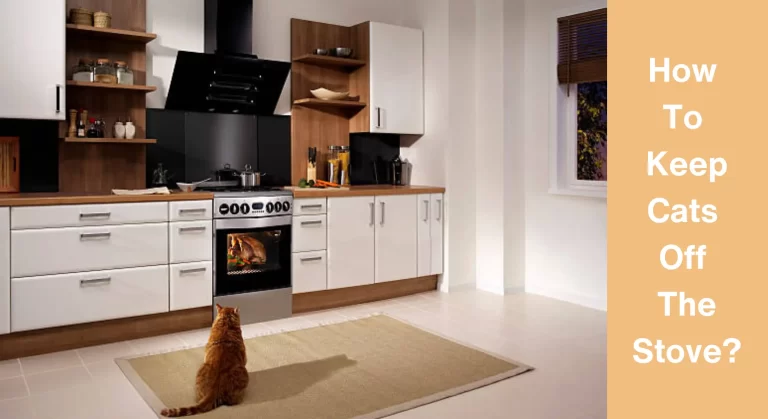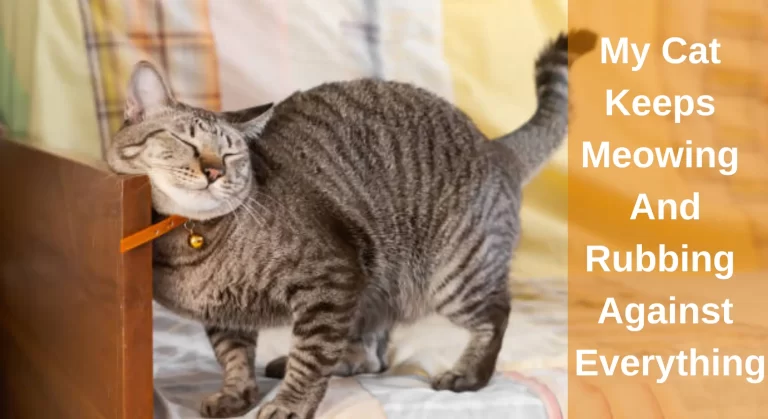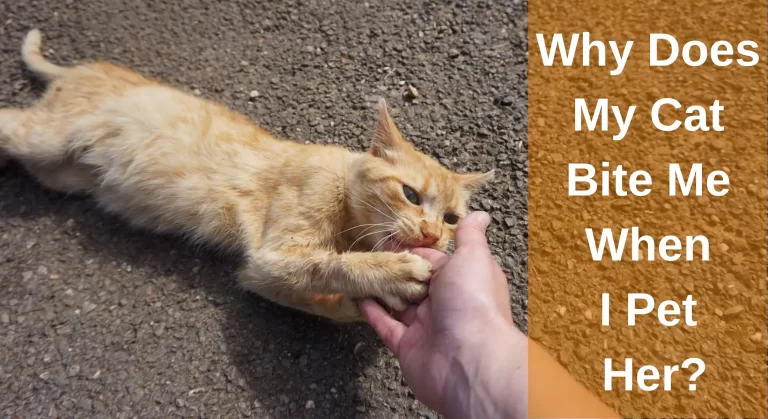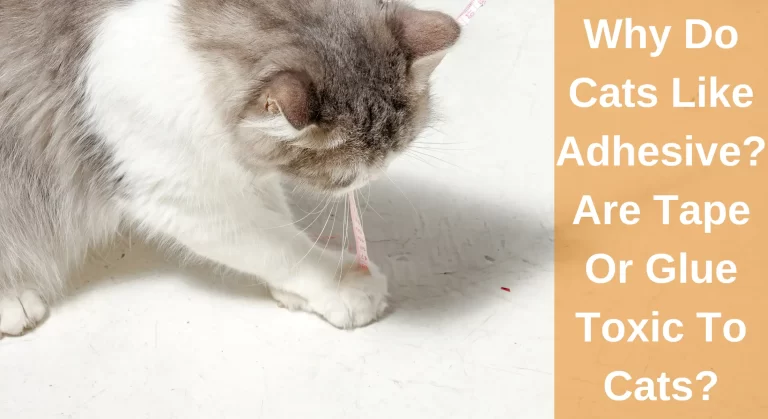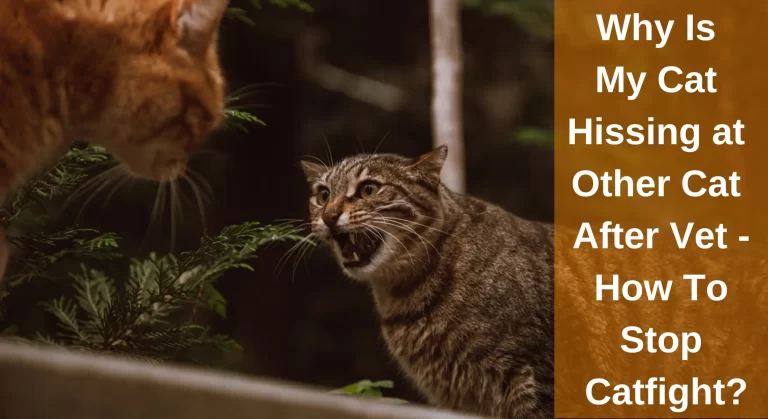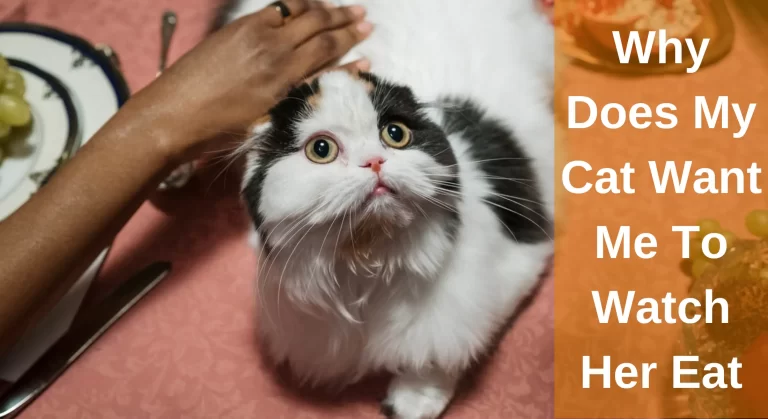Why Do Cats Purr When They Sleep? Top Reasons Explained
If your cat is scared or feels threatened, it is unlikely that it is purring when it is asleep. They wouldn’t be dozing off if that were the case; instead, they would be up and alert.
Cats primarily purr as they sleep because they are happy and comfortable. They could also be taking a nap, meeting new feline pals, or repairing their bodies. Here is a more thorough explanation of the main causes of your cat’s friend’s purring.
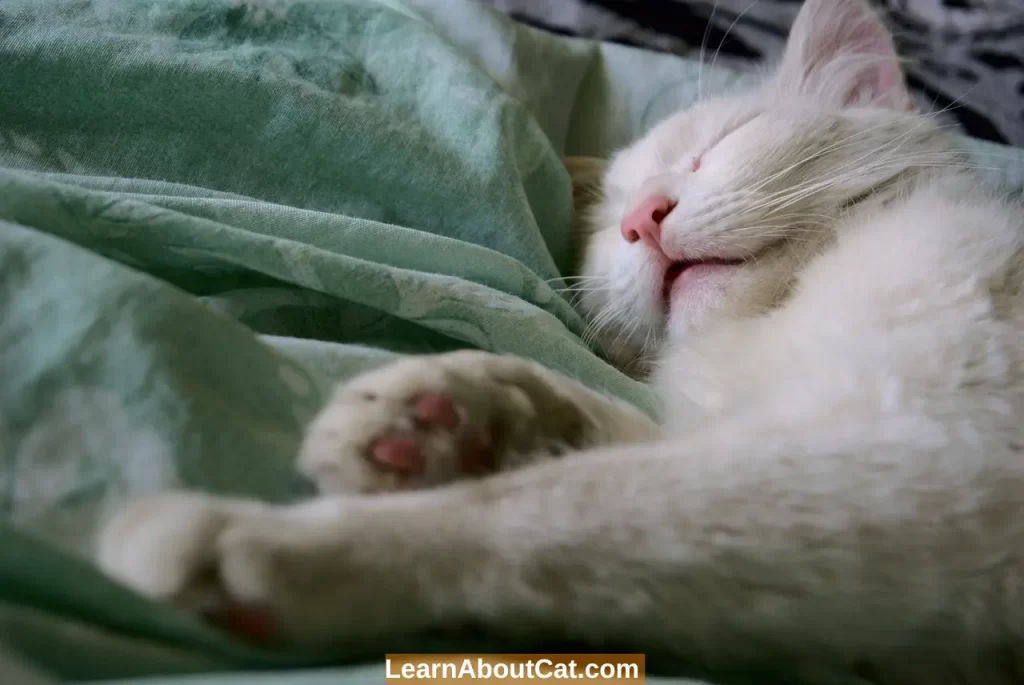
Reasons Why Do Cats Purr When They Sleep
1. Dreaming
Dreaming is not just a trait of humans. Cats who are in rapid eye movement sleep may dream. This stage of sleep is the same one people go through when they dream.
Usually, you can tell when your cat is dreaming if you look closely for clues. Their paws and legs could wiggle, or their jaws might twitch. Cats also regularly snore while making little noises that can range from a vibration like a purr to tiny yelps or sighs. A cat’s purring while sleeping might indicate that they have a good dream.
2. Self-Healing
Many people are under the impression that cats only purr in appealing ways when they’re happy. However, purring could promote healing and development, giving it a far more mystical character. How? Well, everything is caused by vibrations.
The quick vibration of the laryngeal muscles is what causes purring. A purr vibrates at about 26 Hz, the same frequency that is employed in vibrational therapy to encourage tissue regeneration. The muscles and bones begin to strengthen and begin to mend when exposed to these vibrations. Sleep and self-healing go hand in hand with recovery. Sleep is necessary for our cats’ bodies to repair and regenerate.
Also Read: Do Cats Purr When They Are in Pain? – Healing Power of Purrs
3. Happy and Comfortable
The behaviour of wild cats persists even if there are no substantial threats to domestic cats. One illustration of this is the act of sleeping. In the wild, cats usually spend more time resting in safe settings that are free from threats like predators.
If anything were to surprise your cat when they are sleeping, they would be in greater danger than if they were awake, alert, and ready to pounce or run. Even though there are no genuine threats to domestic cats, they are more likely to go to sleep if they feel comfortable and secure in your home.
4. They are Getting to Know One Another
If you have many cats, you can notice that they all fall asleep purring simultaneously. Your cats’ purring may not only be really adorable but also serve to enhance their ties with one another.
All of this is related to the first purr a kitten makes when it is only a few weeks old. The mother cat is now informed of the kittens’ whereabouts and is made aware of their well-being by their purring. The mother will react in a lullaby-like tone, comforting the kitten that its mother is there for them and loves them. As a result, the mother-child bond starts to cement.
This bonding increases if your cat has recently given birth to a litter of kittens. However, even senior cats may form close bonds with one another and communicate through purring.
How Do I Know My Cat is Purring or Snoring?
Oftentimes, when cats are sleeping, they will purr out of joy, connection, dreaming, or self-healing. Snoring and purring have somewhat different noises, and each has a unique meaning.
However, a cat’s snoring is often just a sign that your cat has been sleeping for a very long period. It may, however, also be a sign of asthma, allergies, or other illnesses. By observing your cat’s motions and taking into consideration the environment, you may determine what noises it is producing.
For instance, if your cat sleeps close to you, purring may happen more frequently. When you pet a cat, it purrs, and if the cat is near to you, it may purr even more as they unwind and go to sleep. If you realize they are in the REM dream stage of sleep, they are also more likely to purr if they are around other cats.
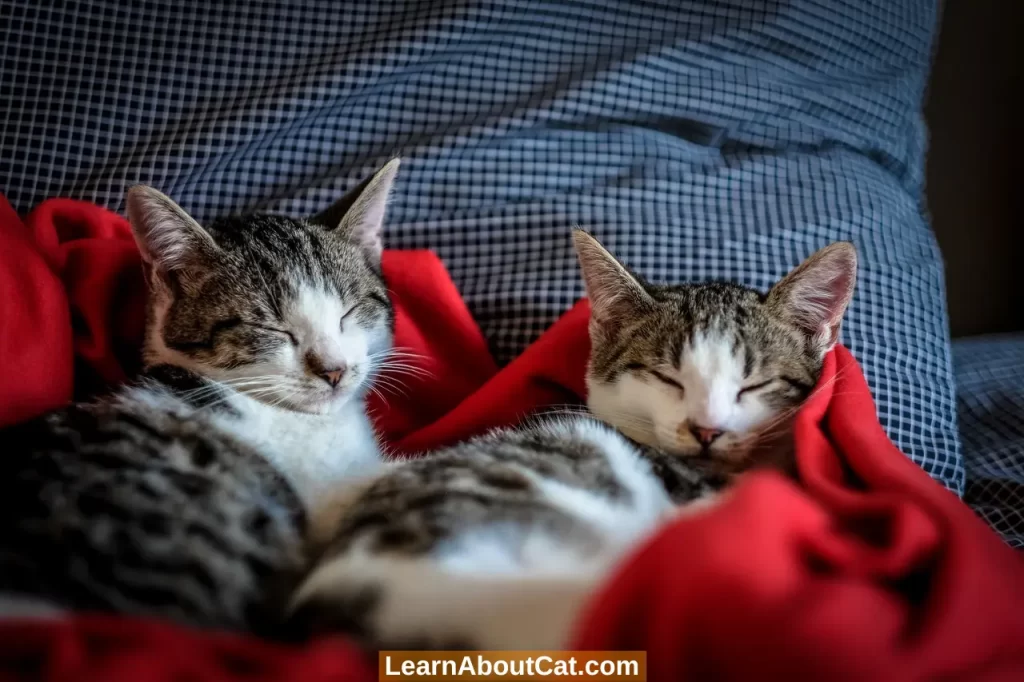
Do I Need to Worry about Cat Snoring?
When they think their cat is snoring, many cat owners feel worried because it might mean something is wrong. There are primary reasons why your cat snores, so you can tell it from snoring that is brought on by an illness.
Blockage of Air Passageways
Another possibility is that your energetic cat accidentally ingested something foreign, which is obstructing part of the respiratory pathway. Your cat may also start snoring abruptly if ventilation is restricted.
Face Shape
Due to their flattened nose shape, cats with flat faces, such as Persian or Burmese cats, may have a slightly constricted nasal cavity. Snoring is hence far more common.
Diseases or Infections
Respiratory infections and colds can also contribute to snoring. If your cat snores while sleeping and purrs congested, it may be ill. You can also lose your appetite and experience eye and nasal drainage if your respiratory illness is more serious.
Sneezing, coughing, and itching are a few allergy symptoms that may cause the airways to become constricted. Another typical symptom, particularly if your cat has asthma, is snoring.
Sleeping Position
Snoring is more common in cats who sleep on their backs or with their faces concealed or sleep with their face down. When the air cannot move as freely in a certain position, snoring occurs.
Obesity
The respiratory systems of cats who are overweight or obese are put under more strain. Therefore, snoring is more probable. If you can get your cat to a healthy weight, the snoring could stop.
Some Other Causes of Cats Purring
There are numerous other instances when you could hear your feline buddy release these calming vibrations since cats can purr in addition to when they are sleeping. Following are some examples of a cat purring and their causes:
- They feel comfortable and at peace in a relaxed environment.
- Petting them makes them happy and sociable.
- Kittens let their moms know they are healthy by purring.
- Being picked up or touched causes them distress.
- When they are considering food, they frequently meow.
- Your cat needs to purr to feel better since they are in agony.
- Naturally, this is not a comprehensive list because cats can purr in a number of situations. To understand why they are purring, it is crucial to consider the complete situation. But a cat that purrs while napping frequently appears to be pleased.
Frequently Asked Questions
Final Words!
Cats purr as they sleep because it’s completely normal. It nearly always suggests that they are content, safe, and secure, which is a good sign. They could also be fantasizing, forming bonds with their other feline friends, or even recuperating their physical health.
However, it’s crucial to tell the difference between snoring and purring. If your cat is around you, among other cats, or acts dreamily, you can generally tell if it is purring. The two do have somewhat different noises.
If you think your cat is snoring, pay close attention to their snoring habits. Is it durable? Has the circumstance gotten worse with time? Are there any additional symptoms, such as eye or nasal discharge, that go along with the snoring? If so, go to the vet with your cat so they may check on your pet’s health.
Related Posts:
Who is Isabella?
My name is Isabella, and I am a dedicated and knowledgeable cat enthusiast. With years of experience caring for cats and a deep love for felines, I made a mission to help other cat lovers navigate the challenges of cat ownership.

